Success Stories Details
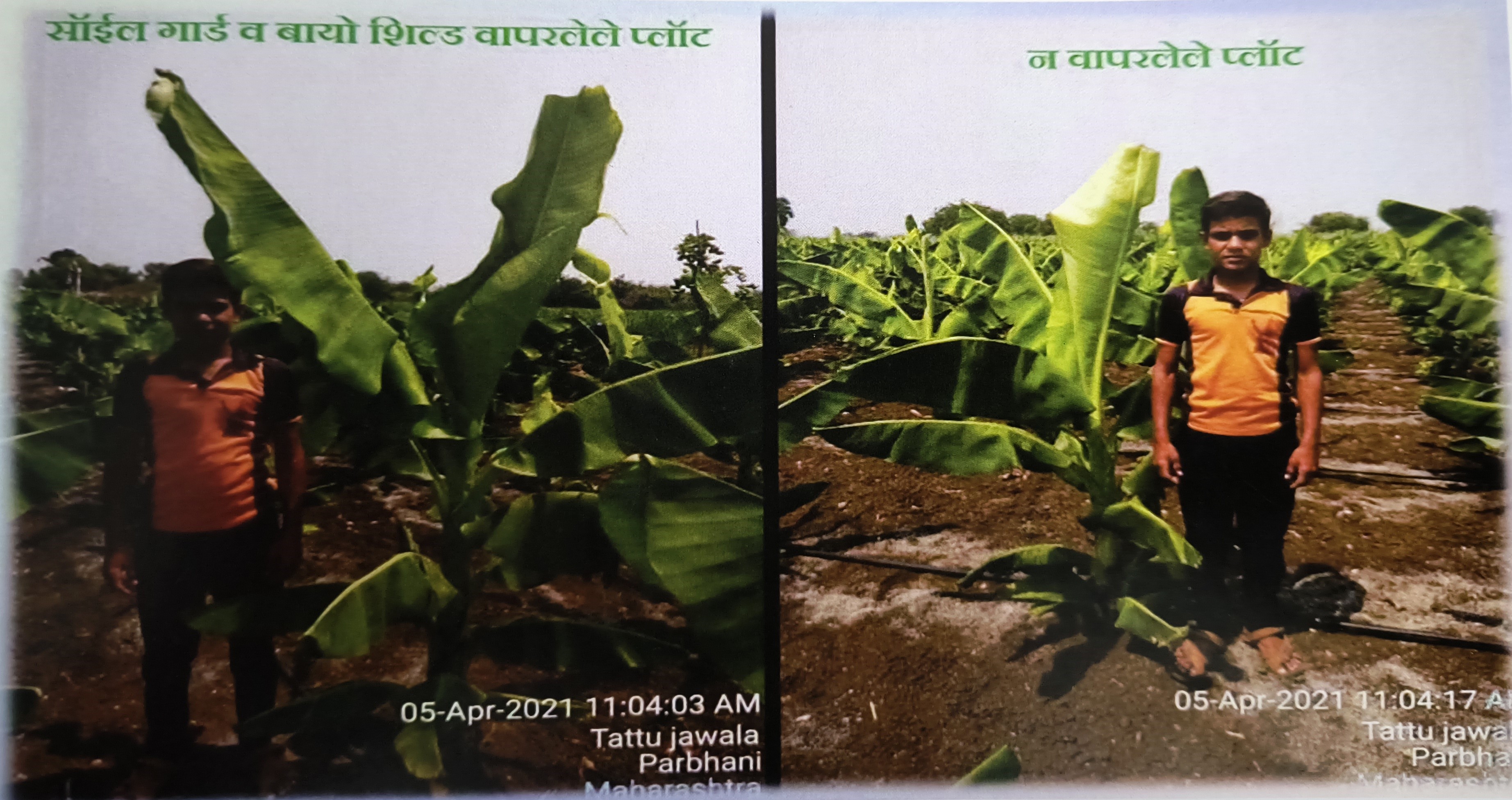
Crop : Banana
Banana farming, a vital agricultural endeavor in many tropical and subtropical regions, involves the cultivation of banana plants primarily for their fruit. Bananas belong to the Musa genus and thrive in warm climates with temperatures ranging from 15°C to 35°C (59°F to 95°F) and consistent rainfall. Well-drained, fertile soils with a pH between 5.5 and 7.0 are optimal for banana cultivation. Typically propagated through suckers, which are shoots emerging from the base of the parent plant, banana farming begins with soil preparation through plowing and incorporation of organic matter.
Suckers are then planted in prepared soil beds, with spacing depending on the variety and local conditions. Regular watering is crucial, especially during fruit development, and mulching aids in moisture retention and weed suppression. Bananas require balanced nutrition, particularly potassium, nitrogen, and phosphorus, which can be supplied through organic amendments or fertilizers. The plants take approximately 9 to 12 months to produce fruit, though this varies by variety.
Snehasrushti Products Goals
Organic farming products aim to achieve several objectives that prioritize environmental sustainability, human health, and animal welfare. Organic farming aims to minimize the use of synthetic pesticides, herbicides, and fertilizers. Instead, it relies on natural methods such as crop rotation, composting, and biological pest control to maintain soil fertility and control pests and diseases. Organic farming practices focus on maintaining and enhancing soil health by promoting biodiversity, reducing soil erosion, and improving soil structure.
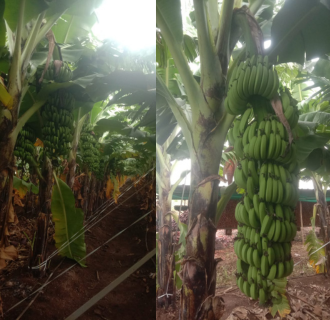
Snehasrushti Products Benefits
Organic farming products offer numerous benefits to farmers cultivating mango crops, supporting both ecological sustainability and economic prosperity.
- Organic farming methods typically involve the use of natural inputs like compost, organic fertilizers, and biopesticides, which are often cheaper than synthetic alternatives.
- Soil Health Enhancement: Organic farming practices focus on improving soil health through techniques such as composting, cover cropping, and crop rotation.
- Organic farming encourages the preservation of biodiversity on farms, which is beneficial for mango cultivation. Biodiverse ecosystems provide natural pest control, pollination services, and soil fertility enhancement, contributing to sustainable mango production.
- Organic farming minimizes the use of synthetic chemicals, reducing the risk of soil and water pollution
Banana farming is a widespread agricultural activity due to the popularity and versatility of bananas as a food crop
Bananas are a tropical fruit belonging to the genus Musa. They are grown primarily for their edible fruit, which is rich in vitamins, minerals, and dietary fiber. Bananas are cultivated in more than 150 countries around the world, with major producers including India, China, the Philippines, Ecuador, and Brazil. They are grown in tropical and subtropical regions with warm temperatures and high humidity. Bananas are propagated vegetatively using suckers or tissue-cultured plantlets.

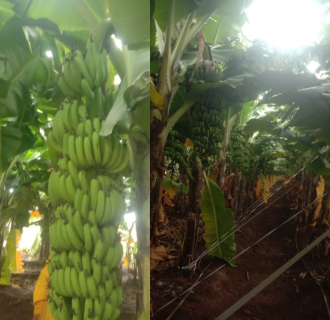
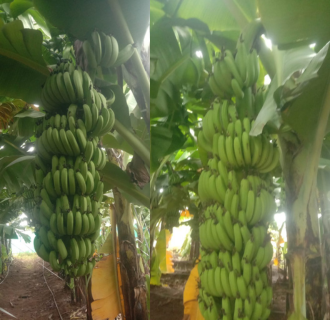
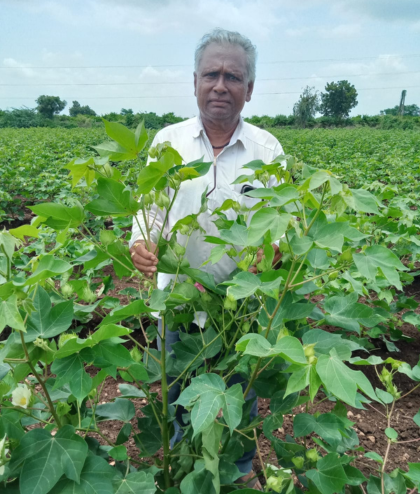
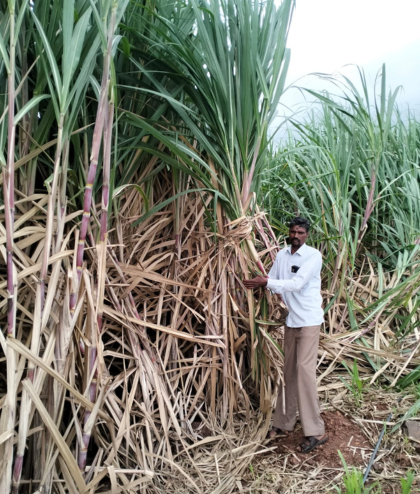
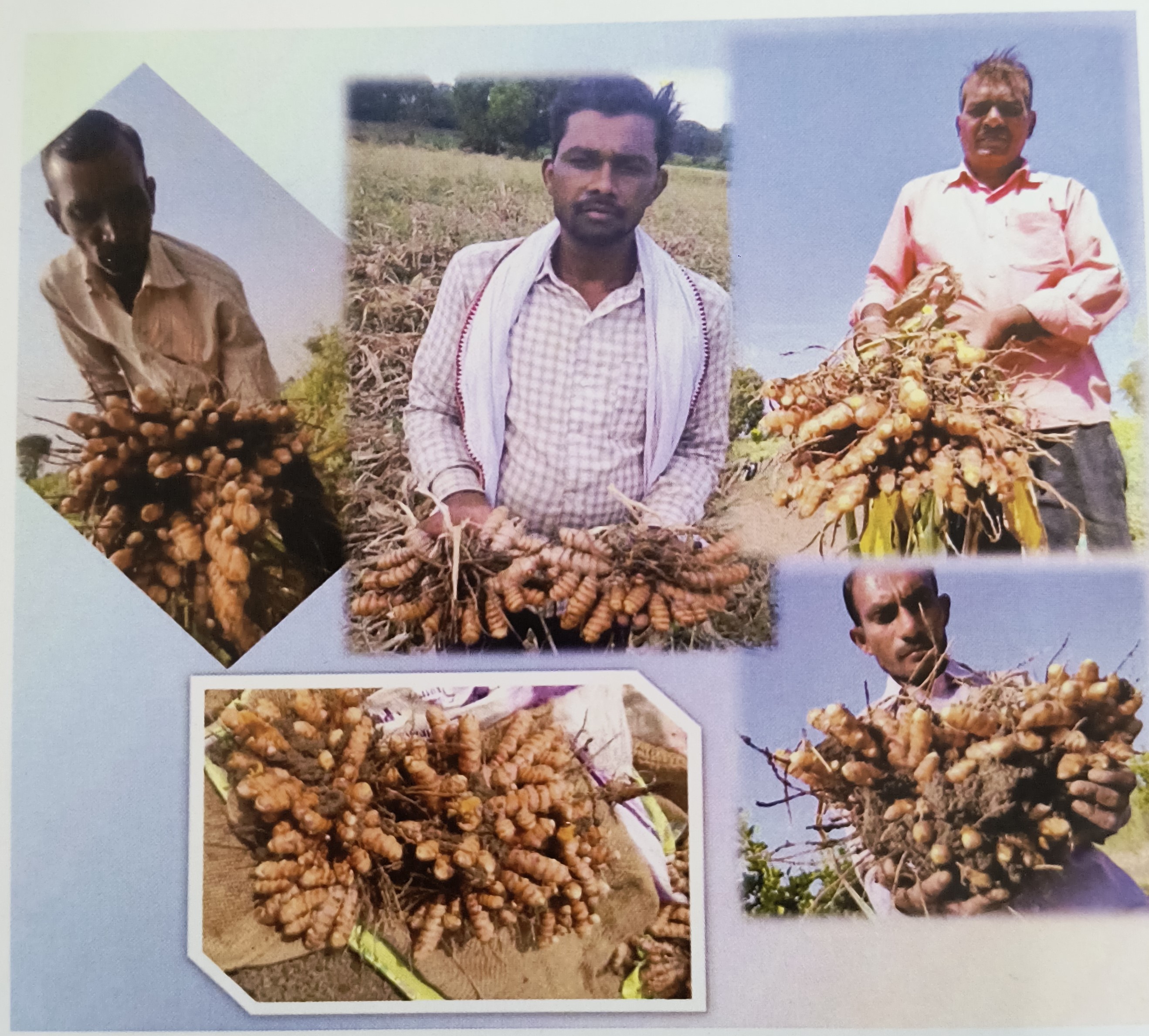
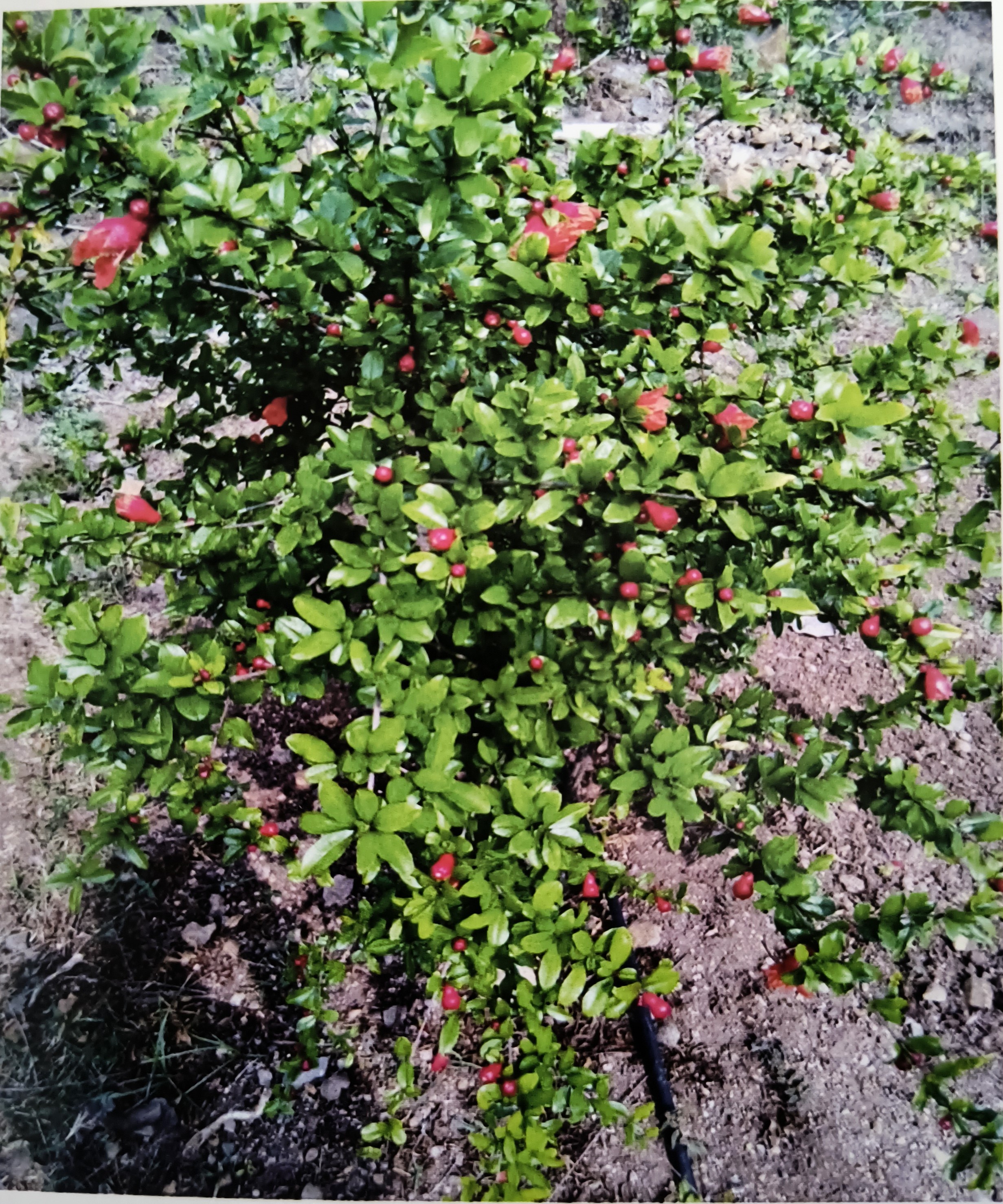

.png)